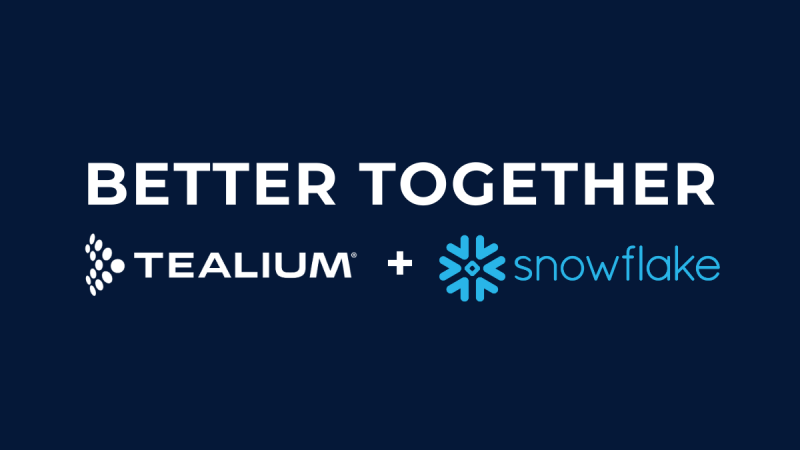Neal Howard George, Vice President of Mobile Strategy at Tealium, sits down with with Kartik Chandrayana, Co-founder and Chief Executive Officer of TwinPrime, to discuss challenges in mobile app performance and how to address them.
Kartik Chandrayana (KC): Like many people, we originally built an iOS app for photos. Very quickly, we found that it would work great in our office in Menlo Park (MP), but was sluggish at the Starbucks in MP. Then we would go debug the app over coffee at Starbucks, make it work there, only to then have it be sluggish in SF, Palo Alto, etc. The insight we came away with was that app performance is, by nature, inconsistent – it’s dependent on location, device type, network (LTE vs WiFi vs HSPA, etc.) and operator (AT&T vs Verizon, etc.). We verified this by loading all popular apps – NYT, Instagram, Facebook, Twitter, etc. Sometimes the images wouldn’t load, sometimes the news feed wouldn’t show. You get the picture.
There are at least a billion permutations on which mobile performance is dependent. We thought, how cool would it be to solve for this! So we built a technology at Twin Prime that uses machine learning to solve for mobile performance. To emphasize this point: this is the only way to solve for this billion of permutations performance problem. For a visual representation, visit: http://www.twinprime.com/.

KC: Yes, performance is certainly at times impacted by third-party SDKs, but not always. We are working with some of the largest m-commerce, social apps with tens of millions of monthly active users and we see tons of SDKs. The problem we sometimes see is that there are more third-party requests than the original content requests! Can you imagine doing more analytics requests than your content? All of these analytics requests compete with the content for bandwidth, cpu and other resources – which can sometimes slow down the app. We need to be aware of the device and network constraints, and can’t afford to make so many network requests without affecting performance. There is a place for analytics and for performance; it seems most apps have yet to find a balance between the two, and it’s not easy. Again, performance depends on the device, network etc. So there is no one right answer without a technology like Twin Prime to assist in dynamically finding this balance.
KC: No, I don’t think so. We are innovating at a furious pace and data is constantly accelerating this. The more we learn, the more we want to try out new optimizations, etc. So there will always be plenty of companies innovating and building on success of their predecessors, and there will be a market for it. I think this ecosystem is here to stay. Yes, there will be consolidation of companies/SDKs, aggregation of functionalities, but the innovation will always push new SDKs and new ways to do more with our learnings from data.
KC: The obvious and intuitive answer is that yes, distributing content from one place makes the most sense. I think it’s the business logic and competition which will drive the eventual behavior. But certainly performance constraints and SDK integration/update challenges will likely drive adoption of data-hub kind of technologies.







